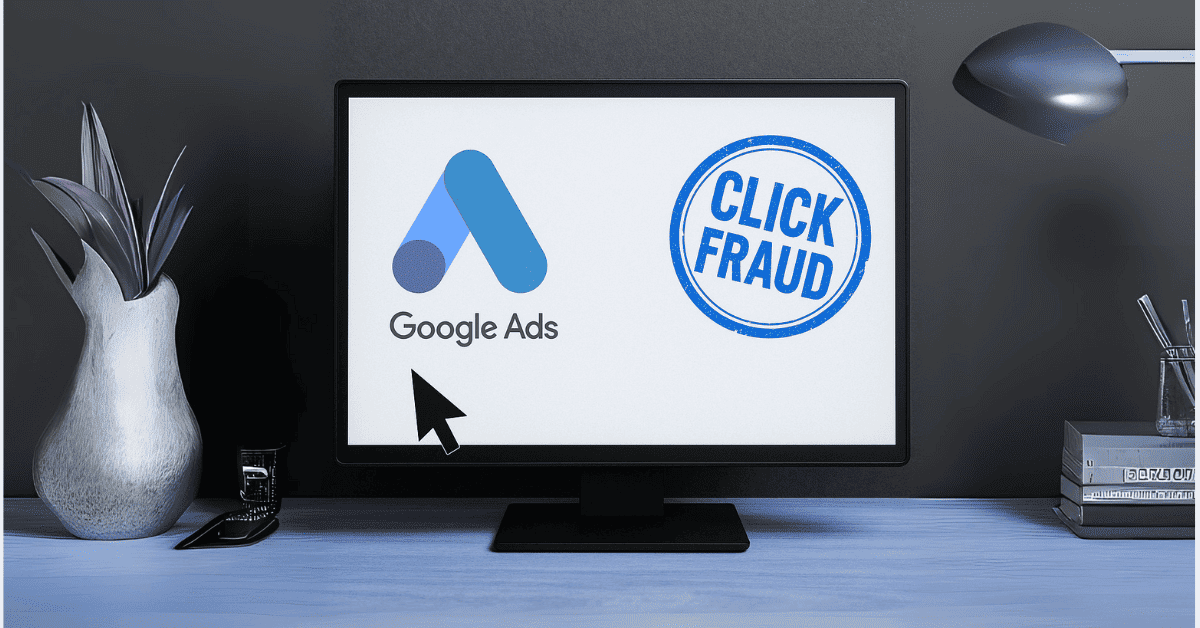GDPR-compliant tracking: Google Analytics vs. Matomo
By Heinz Klemann on Jul 11, 2025 1:21:22 PM
![]()
The GDPR has fundamentally changed web tracking in Europe - transparency, consent and data minimization are now mandatory. Many companies are therefore faced with the question: should I continue to use Google Analytics (GA4) - or should I switch to Matomo?
In this article, we compare both tools from a data protection perspective and show which solution is suitable for which requirements.
Google Analytics (GA4) - the strengths and weaknesses in terms of data protection
Google Analytics is the most widely used web analytics tool - but it is also regularly criticized. The reasons: Data transfer to the USA, lack of standard compliance and complex consent processes.
Advantages:
- Free of charge & powerful
- Good integration with Google Ads & Tag Manager
- Real-time data & machine learning
- Extensive standard reports & explorations
Data protection disadvantages:
- Data processing on US servers → Risk with international data transfer
- Requires active consent (opt-in) before any tracking
- Without consent: no database (→ high data loss)
- Complex configuration for anonymized tracking
Conclusion GA4:
With good consent management and clear documentation, GA4 can be used in compliance with the GDPR - but the effort and risk remain high.
Matomo - the data protection-friendly alternative
Matomo (formerly Piwik) is often cited as a European alternative to Google Analytics - particularly because of its focus on data protection and transparency.
Advantages:
- Self-hosted possible - full data sovereignty
- Tracking possible without consent (under certain conditions)
- No data transfer to third countries
- Conformity with EU regulations easier to achieve
- Expandable through plugins & APIs
Disadvantages:
- User interface and reporting not as intuitive as with GA4
- Less powerful for automated analyses or ads integration
- Hosting & maintenance must be taken over by yourself (for on-premise)
Conclusion Matomo:
Matomo is particularly suitable for companies with high data protection requirements, public institutions or for projects where opt-in tracking is not possible or desired.
Our conclusion: data protection is feasible - but the choice of tool is crucial
Both tools can be operated in compliance with the GDPR - but with different costs, dependencies and risks.
While Google Analytics offers high performance, Matomo scores with data sovereignty and data protection friendliness.
If you want to be independent and legally compliant in the long term, you should seriously consider Matomo. If you need the power of Google services, you need to invest in a strong consent setup and regular data protection checks when using GA4.
Do you want to set up your tracking in compliance with data protection regulations - or check whether your current setup is GDPR-compliant?
You May Also Like
These Related Stories

Ad fraud in Google Ads: What you need to know

Effective Google Ads strategies for the B2B companies

